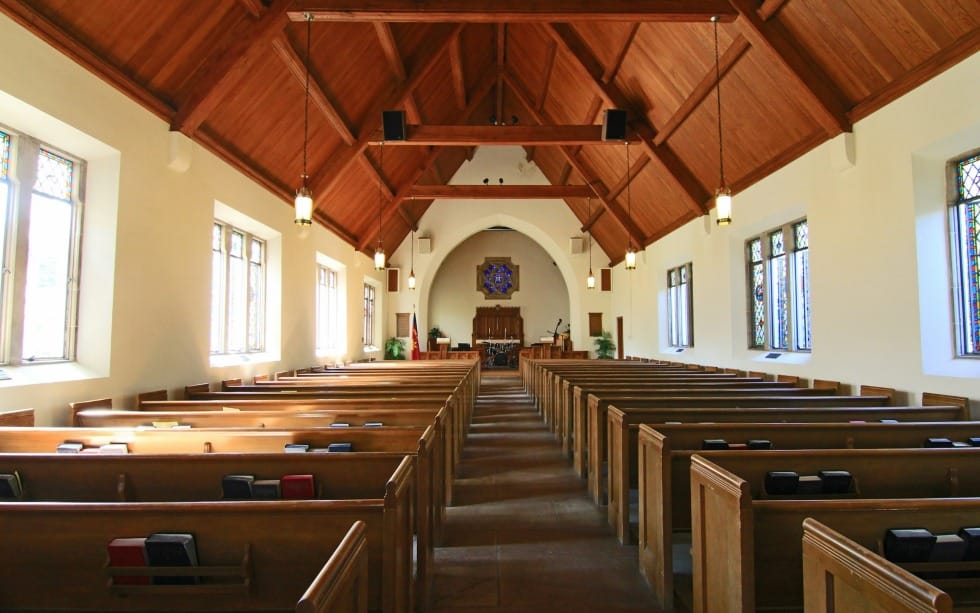Do You Function Like a Christian Athiest?
Do you live as though God does not exist? Or, does God play an active role in shaping how you live and relate to others?

Just around the corner from where I lived in Toronto was a pastor who was a committed atheist, and her story was headlined in news articles across this country as well as the New York Times.
In her book With or Without God, she writes, “I’m calling for a conscientious clearing of the house of faith, a sweeping away of language that suggests salvation from hell in return for a belief in the sacrifice of Jesus for our sins.”
Understandably, many Christians were shocked to hear that someone with these beliefs could be given a church platform. While I certainly agreed with these criticisms, there was also a part of me that said she was simply more honest than a number of professing Christians I have met who say they believe in God, but live like he is not.
They have embraced labels. They’re Catholic, Pentecostal, or Greek Orthodox. But they live no differently than everyone else around.
Have You Made Room for God?
What James is getting at in this passage is a false mindset that says, “I believe in God,” but makes him no part of daily life choices. Each day is planned and organized as though he does not even exist.
James addresses the businessman who does not take God into any of his preparations. In doing so, James is not condemning wise planning, but he is coming against anyone who lives as though this life is all there is.
Think of how we do this in modern society. Much is said about doing all we can to retire early. We need to build residual forms of income so we’re not dependent on the government, we must save so we can get a better house, and we must certainly do all that we can to ensure our future generations are set up financially.
To a certain extent, all of this is true. But I wonder if in all this push and drive to succeed, we devolve into a sort of spiritual atheism where we leave God out of the picture. We place such a high emphasis on the last quarter of our lives, and lose sight that everything we do should be focused on eternity.
If The Lord Wills
In verse 15, James gives us an alternative way of living. He says that instead of making these bold declarations about what we will and won't do, we should instead say, “If the Lord wills, we will live and do this or that.”
Now, I’ve heard some view this verse as though it is a universal command for all declarative sentences. Every time they make a statement, they follow it up with, “If the Lord wills,” as though if they don’t, somehow they might be struck dead for lying. This isn’t what James is talking about.
Instead, his point is that in every action we take in life, God and eternity are to be the central figures for that decision. It’s realizing and even declaring to God that as we pray for our business to thrive, that in a moment of time, all that we have worked for could be snatched from our hands.





